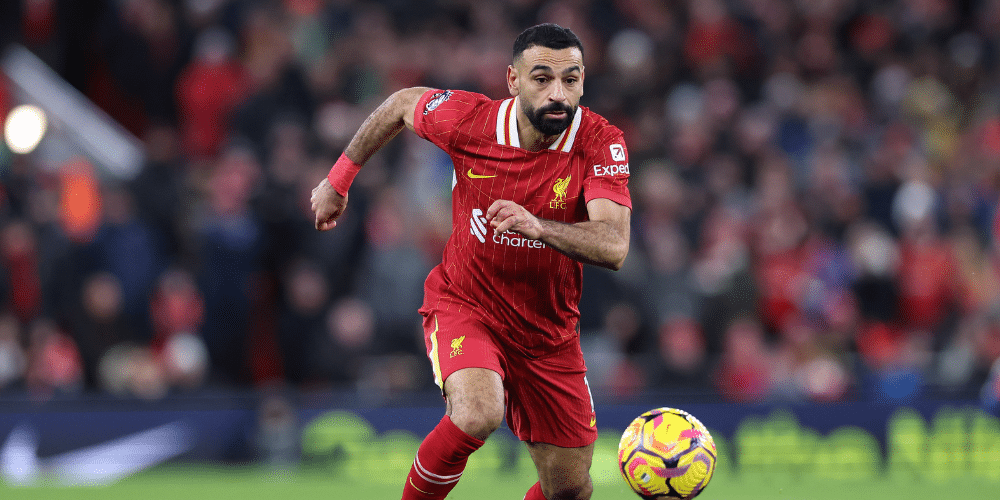World
McCloskey: Next president will face a dangerous world

In our household, there’s a division of labor. I handle domestic policy. My husband, a former CIA officer, handles foreign policy.
But it doesn’t take a stint in the world’s leading spy agency to see an era of international chaos, one that either Kamala Harris or Donald Trump will inherit as the leader of the free world.
In traditional candidate briefings on foreign policy, the briefer does a “walk around the world” of global hotspots. The conversation tends to end up focusing on a singular region or conflict. Now, it’s everywhere at once.
Consider what has happened in the last two years. On Feb. 24, 2022, Russia launched a military invasion of Ukraine; the war is ongoing two and a half years later. One million people are dead or injured. Few believe that Ukraine is the end goal of Russian President Vladimir Putin’s territorial conquest, but rather that his ambitions extend toward some of our NATO allies. Meanwhile, Russia continues to meddle in U.S. elections and spread disinformation.
Move to the Middle East. On Oct. 7, 2023, Hamas terrorists waged the deadliest attack on Jews since the Holocaust. Israel counterattacked and the conflict is ongoing, with Israeli civilian hostages still in Gaza tunnels. Tens of thousands of Palestinians in Gaza are dead. The conflict has spread to Hezbollah in Lebanon and now to Iran. Iran has twice this year launched ballistic missiles into Israel.
Spin the globe to Asia. On June 2, China’s defense chief warned that those seeking to separate Taiwan from China face “self-destruction.” China’s navy now surpasses the size of America’s, and it has built up militarized islands in the South China Sea. On September 18, North Korea tested ballistic missiles using super-large warheads in its continued reckless threat of South Korea.
Meanwhile, America seems to not pay much mind. Only 1% of Americans name national security or war as the biggest challenge America faces, according to Gallup.
This is not a new phenomenon. America has long been buffered between two friendly countries and two big oceans, creating a disconnect between what happens in the world and the quality of American life.
There’s an old campaign trope that presidential elections are not won or lost based on foreign policy, and certainly the size of the campaign staff dedicated to foreign policy versus domestic policy tends to reflect this. Harris has oriented her campaign around economic opportunity and abortion rights. Trump around immigration policy and tariffs.
But there is a strong case to be made that it is international affairs that will define the next presidency more than any other issue, especially considering the state of our world.
It seems like we are groping for America’s role in the 21st century. We’re stuck somewhere in between the muscular neoconservatives of the turn of the century, seeking to export and implement democracy abroad, and the rising isolationist tendencies in both the Republican and the Democratic parties that were prevalent 100 years ago and gave Hitler’s imperialism a longer leash.
The way forward is likely somewhere in the middle. Right now, this middle way is manifesting in our different political parties prioritizing different conflicts. Palestinian sympathies by some in the Democratic party seem to outrank the slaughter of Oct. 7 and our responsibilities to our primary ally in the Middle East. Meanwhile, some in the GOP have come under the spell of Putin’s dictatorial regime. His invasion of democratic Ukraine, his meddling in our elections, his jailing of our journalists and athletes, his microwaving the brains of our intelligence officers — all are swept under the rug.
To be sure, we can’t do everything at once, but the rationale for rank ordering the conflicts seems to be coming from the reactionary ground up, instead of a long-term, strategic look into the future. Ideally, we’d have leaders committed to the latter. What do we have with Trump and Harris?
To discuss the state of the world and our role in it this election cycle, I spoke with David Kramer, executive director of the George W. Bush Institute, on this week’s episode of Beyond Talking Points: An American Middle Podcast. Kramer and I go deeper into the current conflicts, exploring where there’s the most daylight between Harris and Trump and where there’s surprisingly less, such as on Taiwan. We discuss how the conflicts playing out in different parts of the world are actually intricately related, with growing partnership between China, Russia, North Korea and Iran. I hope you’ll listen.
There remain big unanswered questions, such as what happens when the foreign policy establishment gets it wrong, as it so often has; how prioritization among multiple conflicts can be done in a prudent and thoughtful way; and how ready our military and our electorate are to face a dangerous world. With our pile of nearly unprecedented debt in peacetime, our level of domestic division and polarization, and reports that our military is not ready to fight multiple regional conflicts, how we are domestically faring is a big part of the equation.
My personal view is that it is damning that the generals who served with Trump in his first term are not supporting him this go around, citing his deep character flaws. Some say that it’s because the generals and foreign policy establishment want war, and Trump will end them. But as Trump knows well with the southern border, when you stop policing, the conflict tends to magnify and come to you.
Harris is likely to surround herself with more steady foreign policy hands and to strengthen our alliances abroad, but will need to exhibit a supernatural ability to rally a divided nation and to articulate why American leadership still matters in a nation that’s questioning it.
The reality is that outside of the McCloskey home, there is no division of labor on America’s role in the world. What happens at home and what happens abroad are also intricately related. We need candidates who can help us on both fronts.
We welcome your thoughts in a letter to the editor. See the guidelines and submit your letter here. If you have problems with the form, you can submit via email at letters@dallasnews.com










